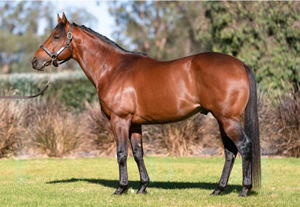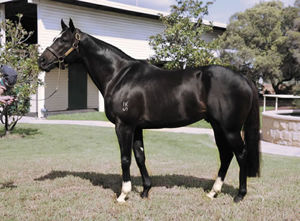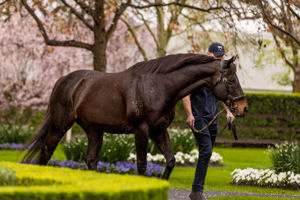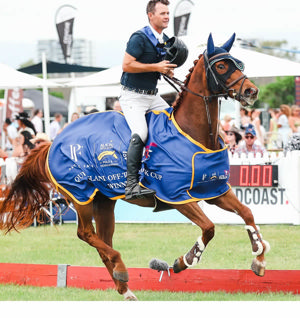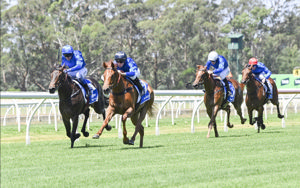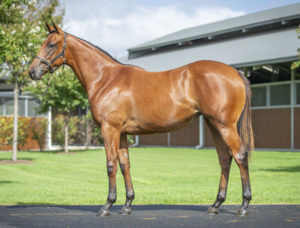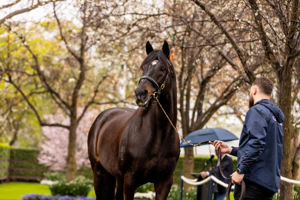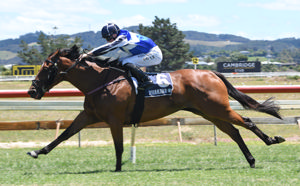An American publication has revealed serious concerns for the future viability of the Pegasus World Cup – the race which inspired The Everest.

Thoroughbred Racing Commentary recently interviewed several of the original stakeholders in the Pegasus World Cup and it is clear many were left jaded by the experience, including the majority owner in California Chrome, Perry Martin, who likened the concept to a "used-car sales job."
"They tell you that it's your race but then they don't take any input from anybody about promoting it," Martin said.
"They act like it's their race. We had no say. We'll have a meeting and they will tell us nice things about ourselves but they won't listen to us.
"I don't think the effort was there to develop the rebate for the owners of the race. We were told they were going to do that but I didn't see any progress. It seemed the focus was just on making the race happen and they found 12 suckers to pay for it."
The biggest criticism of the Pegasus is that the prizemoney structure is too "top-heavy," and that the majority of the stakeholders are forced to absorb astronomical losses even after proceeds from betting and sponsorships are distributed.
The prizemoney structure of the inaugural Pegasus allocated $7 million to the winner, $1.75 million to the runner-up, $1 million to third, while the other nine stakeholders received just $250,000 after paying a $1 million entry fee.
According to stakeholders, the revenue generated from wagering and broadcasting, which was intended to greatly reduce participants' deficit, equated to roughly $100,000 per share.
Next year's version has been boosted to $16 million by the race's principal backer Stronach Group, however doubts remain over its ability to attract new suitors.
Racing NSW has somewhat safeguarded themselves from this problem by stipulating a three-year commitment by slot holders for $1.8 million.
But with a similar funding format to the Pegasus, The Everest could be subject to some tinkering in 2018.
As it stands only the first three across the line at Randwick on October 14 stand to make a profit from their original $600,000 investment. And those profits are made considerably less for owners that could not afford their own slot as prizemoney would have to be shared with the slot holder.
To save The Everest from becoming "an expensive party" like the Pegasus, there may need to be a greater emphasis on raising revenue from the race.
Many have questioned the Australian Turf Club's strategy in trying to lure overseas contestants but the fact is an entry from Japan or Hong Kong would dramatically increase wagering on the race and therefore reduce the deficit of those that finish out of the placings.
One example noted in the article on Thoroughbred Racing Commentary was last year's Prix de l'Arc de Triomphe in France. Due to the presence of Japanese runners, approximately $US40 million was bet in Japan on the race, more than what was wagered in France on the entire Arc program.

